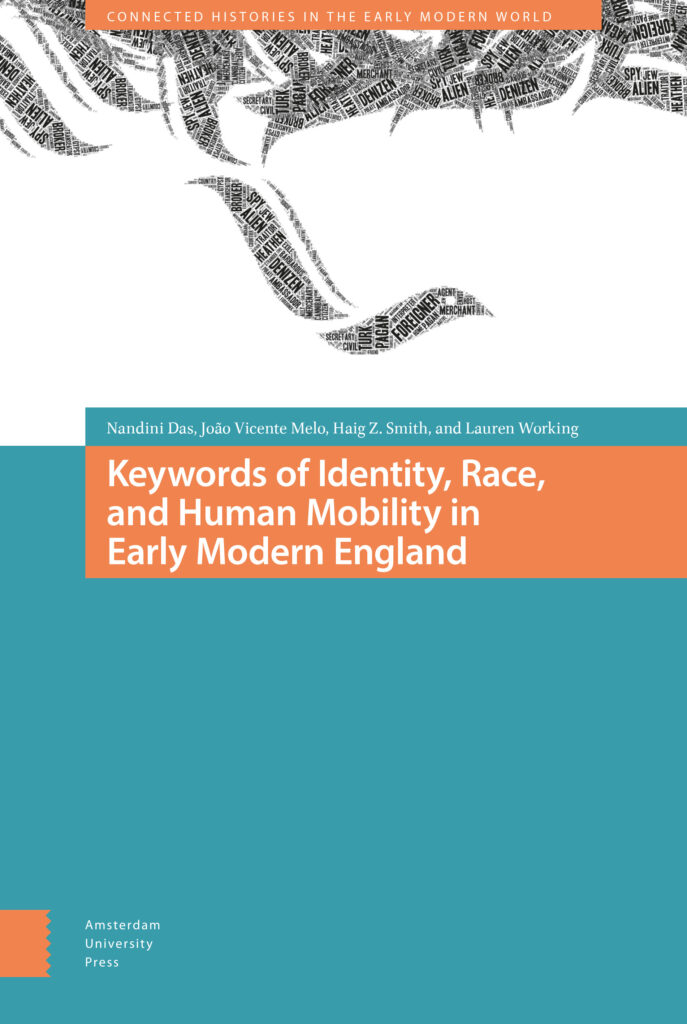Keywords of Identity, Race, and Human Mobility in Early Modern England
What did it mean to be a stranger in sixteenth and seventeenth-century England? How were other nations, cultures, and religions perceived? What happened when individuals moved between languages, countries, religions, and spaces? Following the model of Raymond Williams’s classic Keywords: A Vocabulary of Culture and Society (1976), Keywords of Identity, Race, and Human Mobility analyses a selection of terms that were central to the conceptualisation of identity, race, migration, and transculturality in the early modern period. In many cases, the concepts, preconceptions, and debates that they embody – or sometimes subsume – came to play formative roles in the articulation of identity, rights, and power in subsequent periods. Together, the essays in this volume provide an invaluable resource for anyone interested in the development of issues of identity, belonging, and human mobility.
Author(s)
Das, Nandini
Vicente Melo, João
Smith, Haig
Working, Lauren
Contributors and Editorial Assistants:
Tom Roberts
Emily Stevenson
Print version available from: https://www.aup.nl/en/book/9789463720748/keywords-of-identity-race-and-human-mobility-in-early-modern-england
Open access e-book available at: https://library.oapen.org/handle/20.500.12657/50188
TIDE: Keywords is available for use and circulation under a Creative Commons licence (CC BY-NC-ND 4.0). You are free to reuse this material without modification for non-commercial purposes. Please see the Creative Commons website for full licence terms. Please include appropriate attribution on any page which links to or embeds material from TIDE: Keywords. Although this is not a requirement of the licence, we would be grateful if you could send us an email at tide@ell.ox.ac.uk to let us know of any such re-use.
This project has received funding from the European Research Council (ERC) under the European Union’s Horizon 2020 research and innovation programme (grant agreement No 681884).

